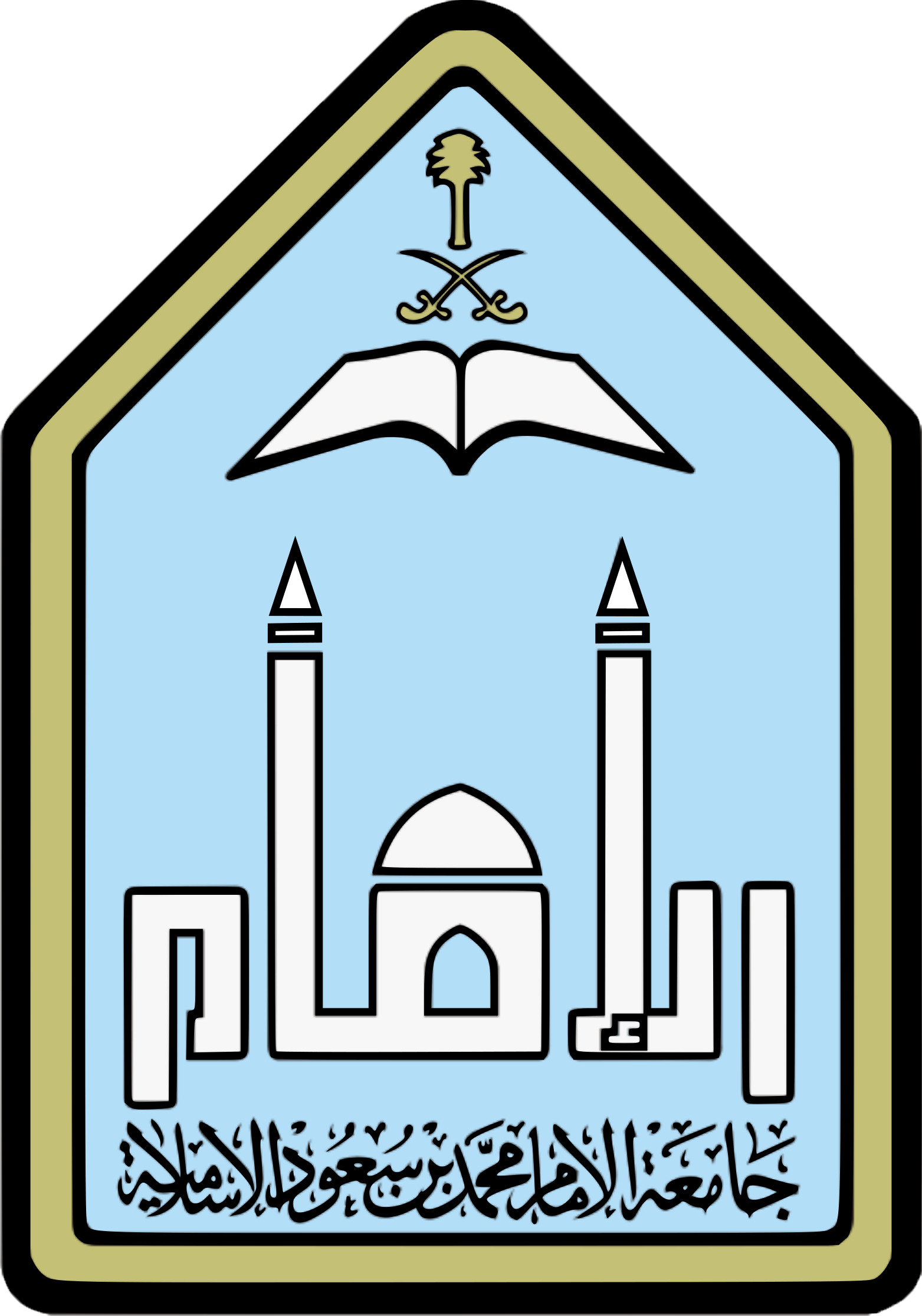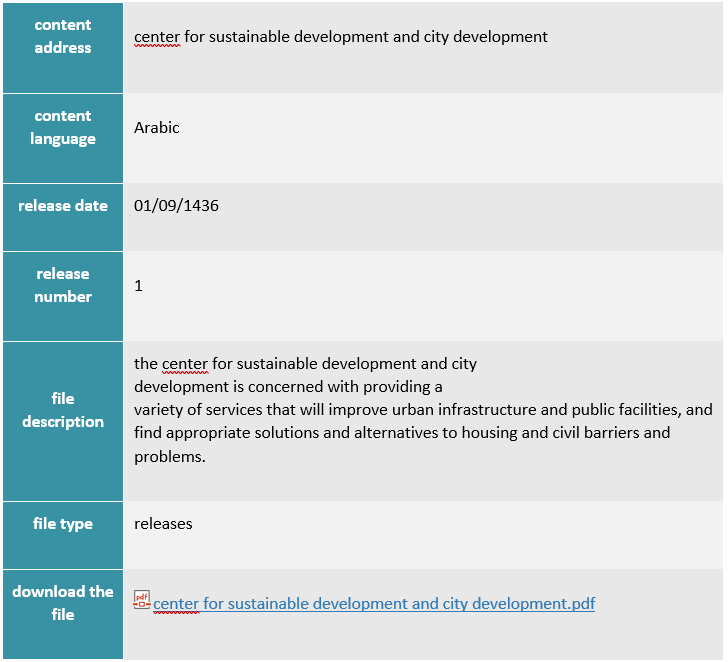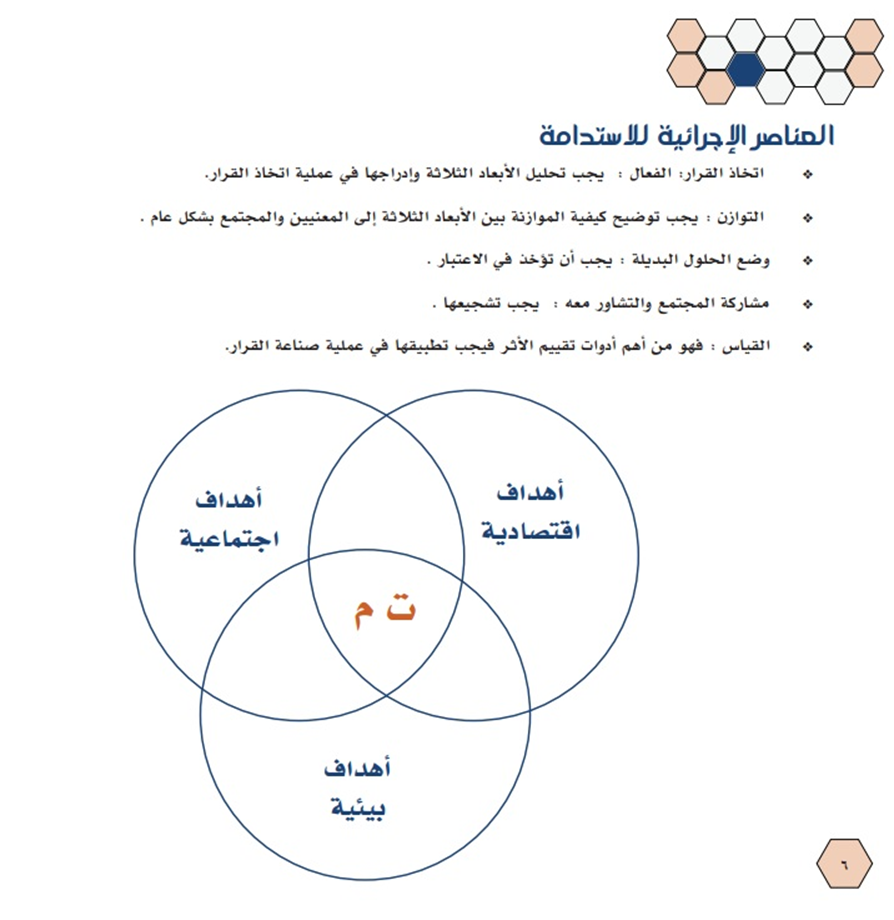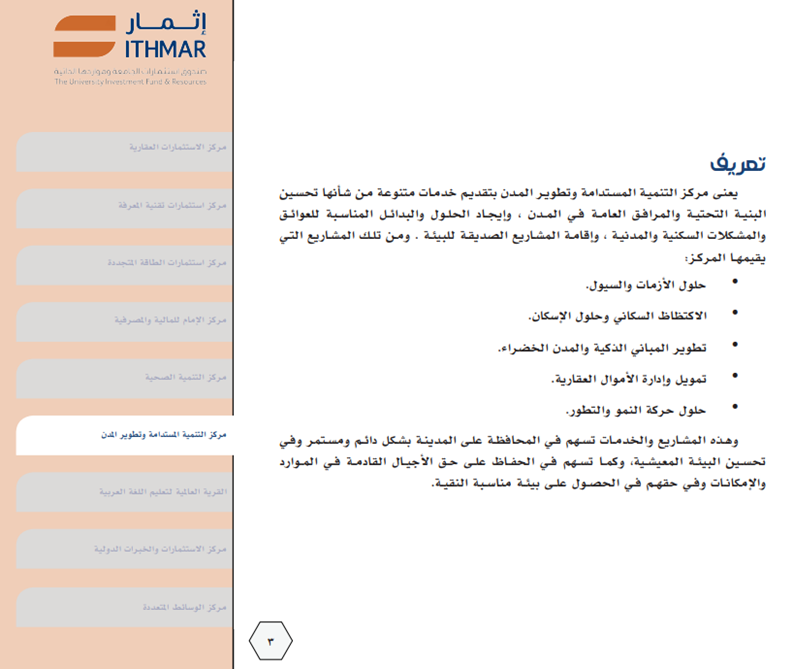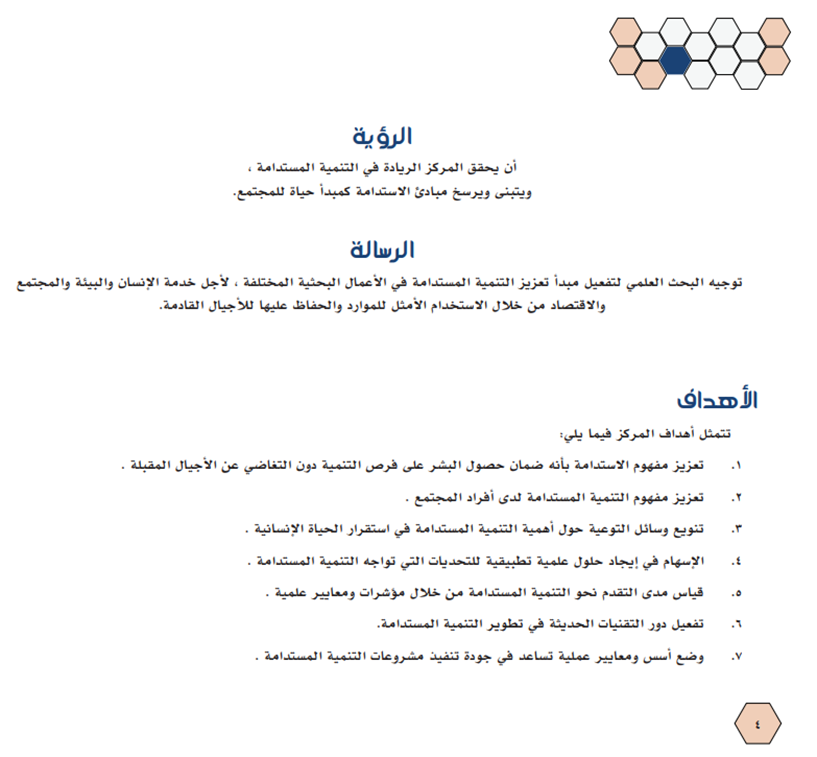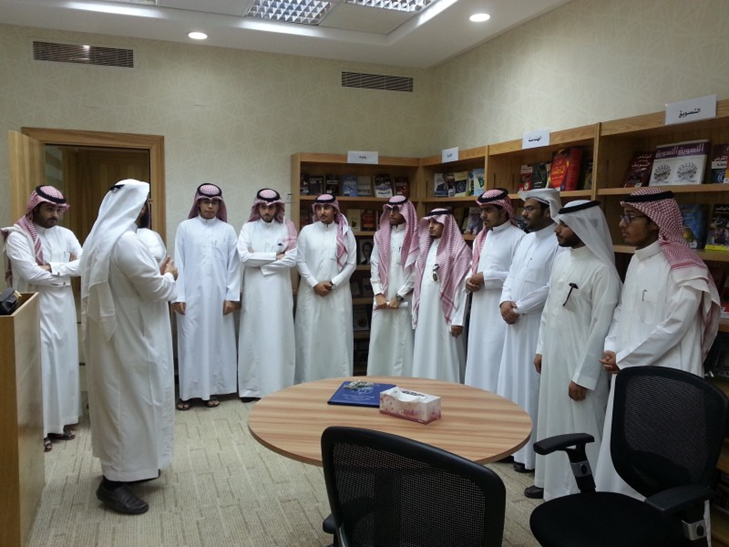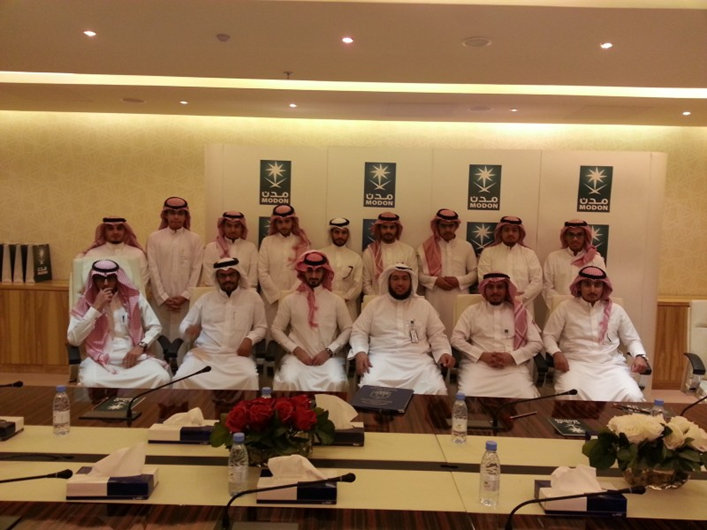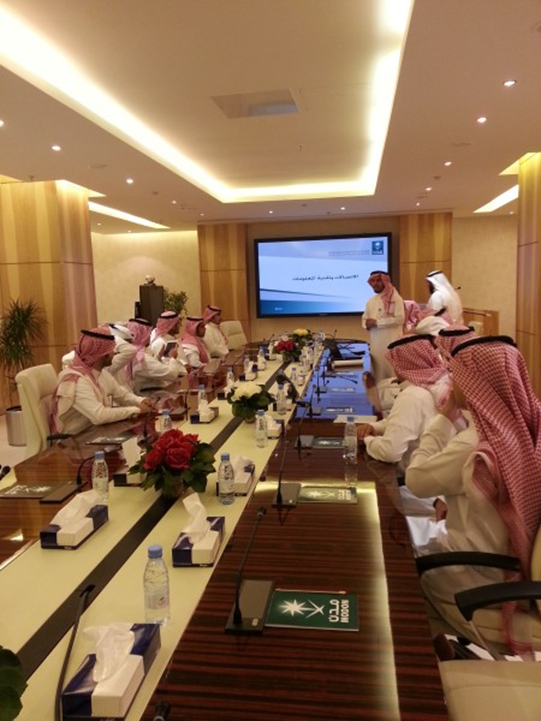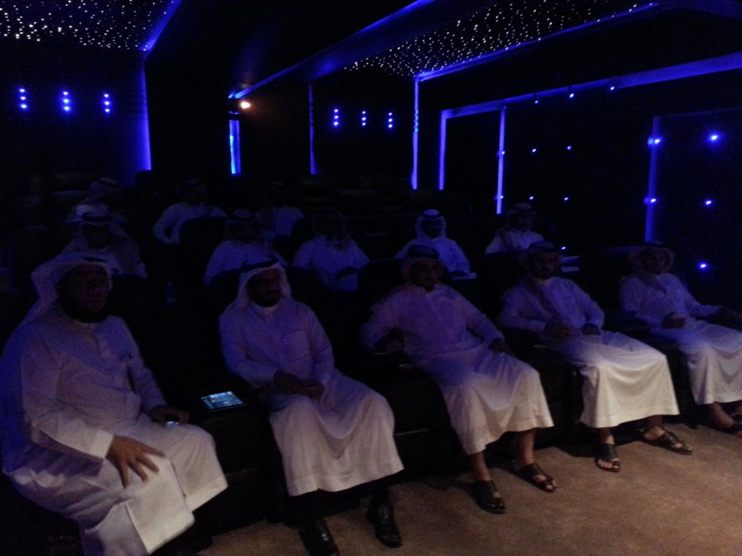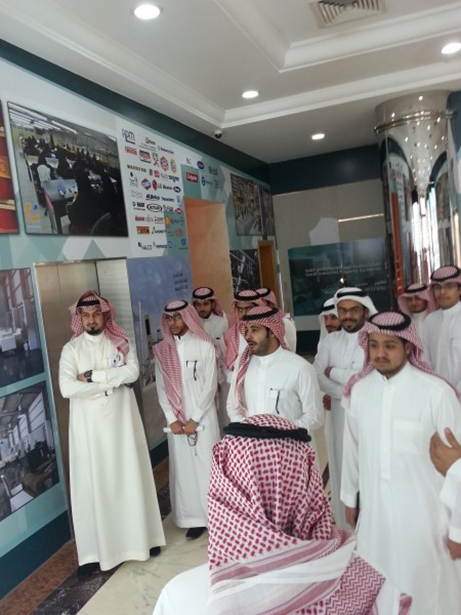Introduction
The world is becoming increasingly urbanized. Since 2007, more than half the world’s population has been living in cities, and that share is projected to rise to 60 per cent by 2030.
Cities and metropolitan areas are powerhouses of economic growth—contributing about 60 per cent of global GDP. However, they also account for about 70 per cent of global carbon emissions and over 60 per cent of resource use. Rapid urbanization is resulting in a growing number of slum dwellers, inadequate and overburdened infrastructure and services (such as waste collection and water and sanitation systems, roads and transport), worsening air pollution and unplanned urban sprawl.
Urbanization is a challenge for cities in Saudi Arabia. For example, in Riyadh 20% of city lots are subdivided due to land speculations and the owners keep them undeveloped while waiting for a significant rise in prices (Aina et al., 2019). Planning has insofar been decentralized, but new plans are underway. Saudi Arabia has established initiatives and projects to build smart cities as part of the Vision 2030 program. The King Abdullah Economic City, one of the new smart cities, is being built to have modern smart infrastructure and e-services worth USD 100 billion (Aina et al., 2019). Still, these big projects are still underway and face challenges of their own, including delays in completion and settling of residents. A new development housing program (Sakani) was introduced in 2017 to boost homeownership by Saudis in need (level of assistance based on household income and size), including those receiving assistance through the Income Guarantee Programme. This program is complemented by several other initiatives within Vision 2030 to improve affordability. As of June 2020, 1,7 million people have benefited from the programs, a rapid increase of approximately 315% from 2017 and most beneficiaries of residential support contracts have been for ready-made units, regardless of the region, which is evidence of the housing program efforts73. Moreover, people living in slums has declined from 18% in 2015 to 16.2% in 2018, which partially shows the outcomes of these housing programs74. There do exist some difference in roll-out of the plan when measured in per capita terms, with Najran and Baha having significantly less beneficiaries than Riyadh and Qaseem75. The main objective of these programs is to reduce informal housing, which is characterized by substandard development, as they lack access to basic services. Particularly vulnerable to informal housing are rural migrants pursuing job opportunities in the cities. Settlements are predominant in Makkah and Madinah as well as Jeddah.
The Ministry of Municipal and Rural Affairs in the Kingdom of Saudi Arabia is responsible for the urban planning of the cities of the Kingdom, including the provision of roads and basic equipment, improvement and beautification of cities and the development of municipal and rural areas. In order to achieve sustainable urbanization of the Kingdom, a Royal Decree was issued whereby the Ministry of Municipal and Rural Affairs, in cooperation with UN-HABITAT, is implementing the "Future Saudi Cities" program. The program seeks to develop a new vision and strategic planning framework for the sustainable urban future in Saudi Arabia, Productive, equitable, socially inclusive and environmentally sustainable, with adequate infrastructure, adequate and high quality of life
The Kingdom of Saudi Arabia's Initiatives for Sustainable Cities and Communities
Updating the National Urban Strategy 2030 in cooperation with the United Nations Development Program.
The NEOM Project.
Providing safe and easy navigation through the development of transport systems.
Improve the classification of the city of Riyadh globally to become one of the best 100 cities in the world.
King Abdulaziz Project for Public Transport in Riyadh City.
Development and rehabilitation of Wadi Hanifa. The initiative aims to manage the current and future water resources, and an environmental classification scheme that includes sustainable uses and management strategies to protect the ecosystems of the valley. It also includes a plan of land use that strikes a balance between preserving the environment and the needs of the city. This scheme won the Washington Water Prize for setting new global standards for sustainable development.
In conjunction with the International Museum Day, the Gifted and Talented Care Unit of the Vice Deanship of Student Affairs for Female Student Affairs organized a visit to the Al-Faisal Museum of Arab and Islamic Art for the unit's students, on the morning of Thursday, May 18, 2023.
This visit aims to raise awareness of the importance of museums in the development of societies as the living memory of peoples, and the Al-Faisal Museum contributes to the preservation and display of valuable holdings of Arab-Islamic arts, rare manuscripts, and memories of the late King Faisal, and the Al-Faisal Museum is one of the most important art museums that display a number of rare original manuscripts from the Qur'an of Al-Amsar acquired by the King Faisal Center for Research and Islamic Studies, in addition to a number of rare artifacts from various Islamic eras, and the museum includes more than 200 heritage pieces. Rare, distributed on household items, fighting and war machines, components of the book industry and its arts, medical machines, coins, wooden, pottery and textiles, and unique manuscript and printed Qur'ans from the second century to the fourteenth century AH, at the end of the visit, simple gifts were presented to the students from the Al-Faisal Museum for Arab and Islamic Art, and the students thanked the Deanship of Student Affairs for providing this enriching and useful visit.
Imam Muhammad Ibn Saud Islamic University (IIU) is inaugurating the beginning of the second semester a frequency transfer service for students between the support parking lots located northeast of the campus and can accommodate 3500 cars, and the faculties of the university.
The official spokesman of the university, the media advisor to His Excellency the Rector of the University supervising the General Directorate of University Media, Dr. Abdulrahman Al-Nami, said that the university has allocated new parking spaces in front of Gate No. 6 with a capacity of 600 cars, and parking spaces on the eastern side of the university campus that can accommodate 2,000 cars.
He pointed out that this step comes out of the university's belief in the importance of providing the appropriate academic climate for its students, and out of its keenness to comfort students and preserve their time.
The Faculty of Computer Science and Information held a forum on the story of Neom "Technology makes the future" on Wednesday, June 26, 1439. Which aims to inspire students and inform them of the importance of their specialization in the industry of the future in the presence of Karim from the Dean of the Center for the Study of Students H.E. Dr. Mudi Bint Ibrahim Al-Dabyan, where she praised the efforts of members and employees of the Faculty of Computer Science to prepare this forum, which keeps pace with the aspirations of Crown Prince Mohammed bin Salman bin Abdul Aziz - May God save him - and his dreamy vision of the Project Neom Smart City. The presence of the Undersecretary of Technical Affairs, Dr. Hind Afia, and a number of the center's agents. The college hosted: Dr. Ahmed Shabana, IBM's Senior Advisor in smart government, Professor Mohammed Al Khasil, Chairman of Machines Talk, Professor Hassan Dagheri, photography expert and board member of the Scientific Society for Art and Design, as well as the faculty members of the Department of Computer Science, Dr. Abdullah Al Shadi, Undersecretary of the Faculty for Graduate Studies and Scientific Research, Dr. Ahmed Al Ghamdi and Dr. Arib Al-Aweshaq.
The forum was opened by dr. abdullah al shadi, where he described the city of nyum as the dreamy city, which, god willing, will be the largest smart city in the world and explained what neom means to the kingdom and to every interested technical person who loves development, and that it embodies the dreams of the ambitious who attach their imagination to the future, as well as reviewed the foundations and components on which the city is based, which is one of the most important information technology and computing
dr. ahmed al-ghamdi then spoke about the importance of the internet of things and took attendees on a journey to the near future where all devices are connected to the internet and communicate with each other to make our daily lives more luxurious and effective. he then revealed the infrastructure needed to activate this technology and the role of these devices in producing a huge amount of data that needs to be processed and concluded by reviewing expectations for the future of the internet of things and how these devices will become micro-devices.
Artificial intelligence is a component of neom, and in this context, dr. arib al-aweishq provided a quick overview of this broad science. she explained the meaning, the sciences on which it was based and its applications in our daily lives. al-aweishq also reviewed the types of approaches and algorithms used in them. she stressed the importance of preparing for the future and opportunities to benefit from automated manufacturing as an important source of economy.
Dr. ahmed shabana then talked about smart cities and how the whole world has become smarter because of the internet of things, the interaction of its devices in a variety of ways and its ability to analyze the data it collects and to deduce new information. he also reviewed a number of solutions employed in smart cities. he was also keen to clarify the different skills that the specialist needed to work in the field, particularly non-technical skills, and stressed their importance and the importance of innovation at present.
Mr. Mohammed al Khasil then spoke about the opportunities for entrepreneurship that smart cities will provide, the importance of reconciling smart city solutions with the framework in which they exist, conveying the summary of his personal experience in technical entrepreneurship, and the challenges faced by entrepreneurs in this field and explaining how to overcome them. he also explained the importance of finding people who believe in the idea because it is a major reason for its success. he encouraged students and showed his willingness to embrace outstanding projects in the field of iot and artificial intelligence.
Mr. Ahmed Degrairi then took the audience with his interesting talk on a photo trip to the site of the city of nyum, in which he reviewed the stunning nature of the hills, beaches and depths of the sea and painted a beautiful painting linking the beauty of the city with the values of our society that will inhabit it. he conveyed his experience in a meeting with his vision of this city, his royal highness prince Mohammed bin Salman bin Abdul Aziz, and his enthusiasm in making all the details of the city a reality in the near future.
The forum was also the author of an exhibition showcasing the efforts of college staff in the fields of IoT and ARTIFICIAL INTELLIGENCE, as well as IBM and MachineszTalk reviewing examples of the technologies they provide.
Within the programs of the Faculty of Computer Science and Information and its student activities, the College represented by the Department of Student Activity organized a scientific visit on Thursday, 9/7/1435 H to the Industrial Cities Authority for a group of students of various levels and disciplines where the Authority is considered one of the government sectors with rapid and remarkable development, it recently received the first place as the best working environment, and this visit included access to the latest projects worked by the Authority and the most prominent techniques used, including:
EModon is an integrated electronic transaction system in providing integrated services that meet the needs of investors, and puts the customer at the centre of attention in meeting all needs.
Gis, which contains all maps and survey information for industrial cities, has made it possible through a city maps service. through this service, you can easily visit any industrial city, learn about the types of industries in it, know existing factories, service facilities, logistics services and more information and utilities.
Many other systems, such as factory pollution follow-up and other systems, have also been accessed to facilitate the follow-up and control of plant facilities.
The visit included a film screening of students in which a brief overview of the authority and its beginning, history and development were presented over the years.
On this occasion, the college, represented by student activity, offers its sincere thanks and appreciation to the rector and the dean of the college for their continued support, to their student children by supporting the educational process with extracurricular programs that have contributed, thank god, to expand the students' orbits and horizons and worked to open channels of communication between the college and the government and private sectors, which has had the impact seen in attracting many college children to work in those entities and praise their scientific and personal levels.
